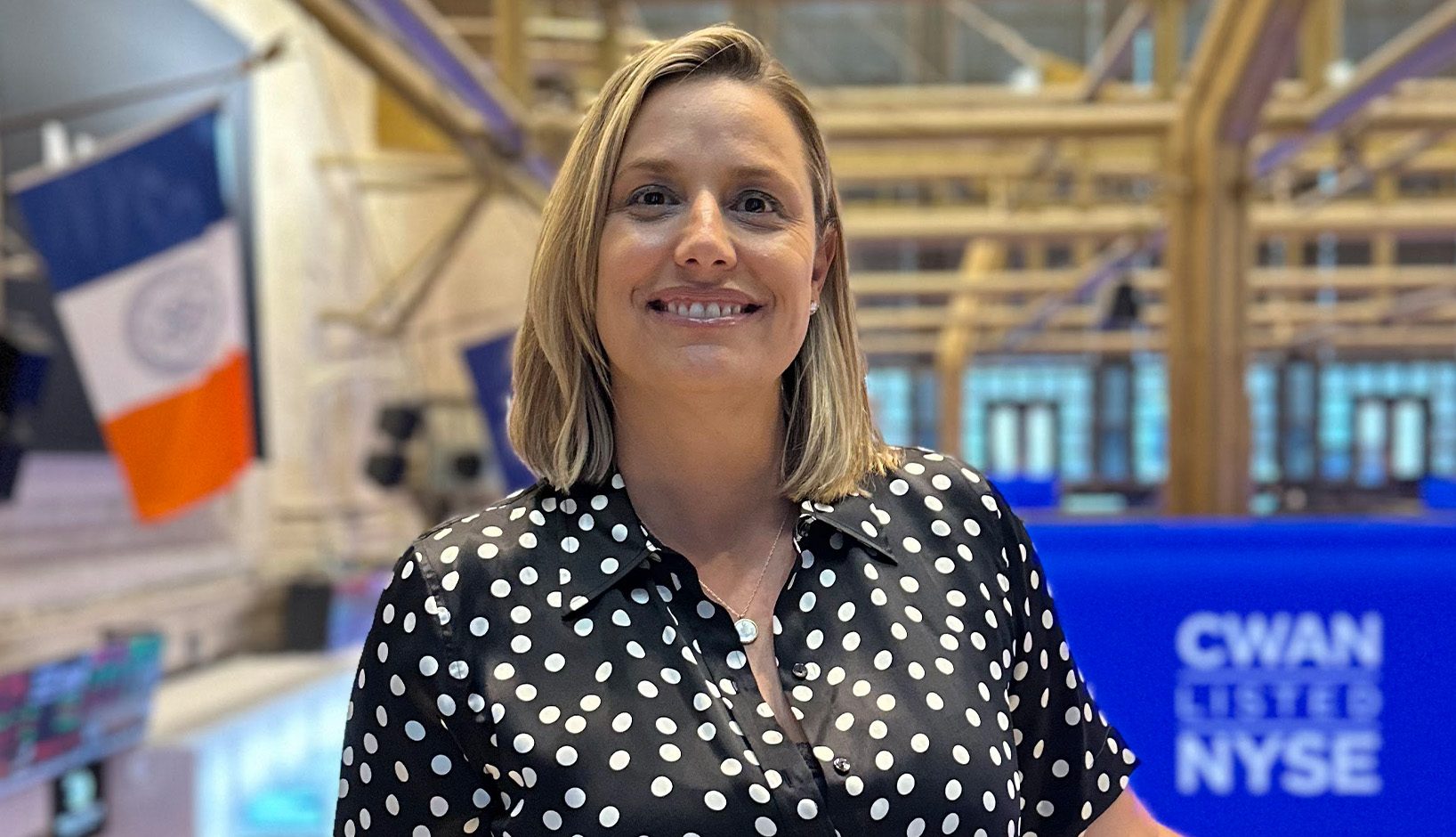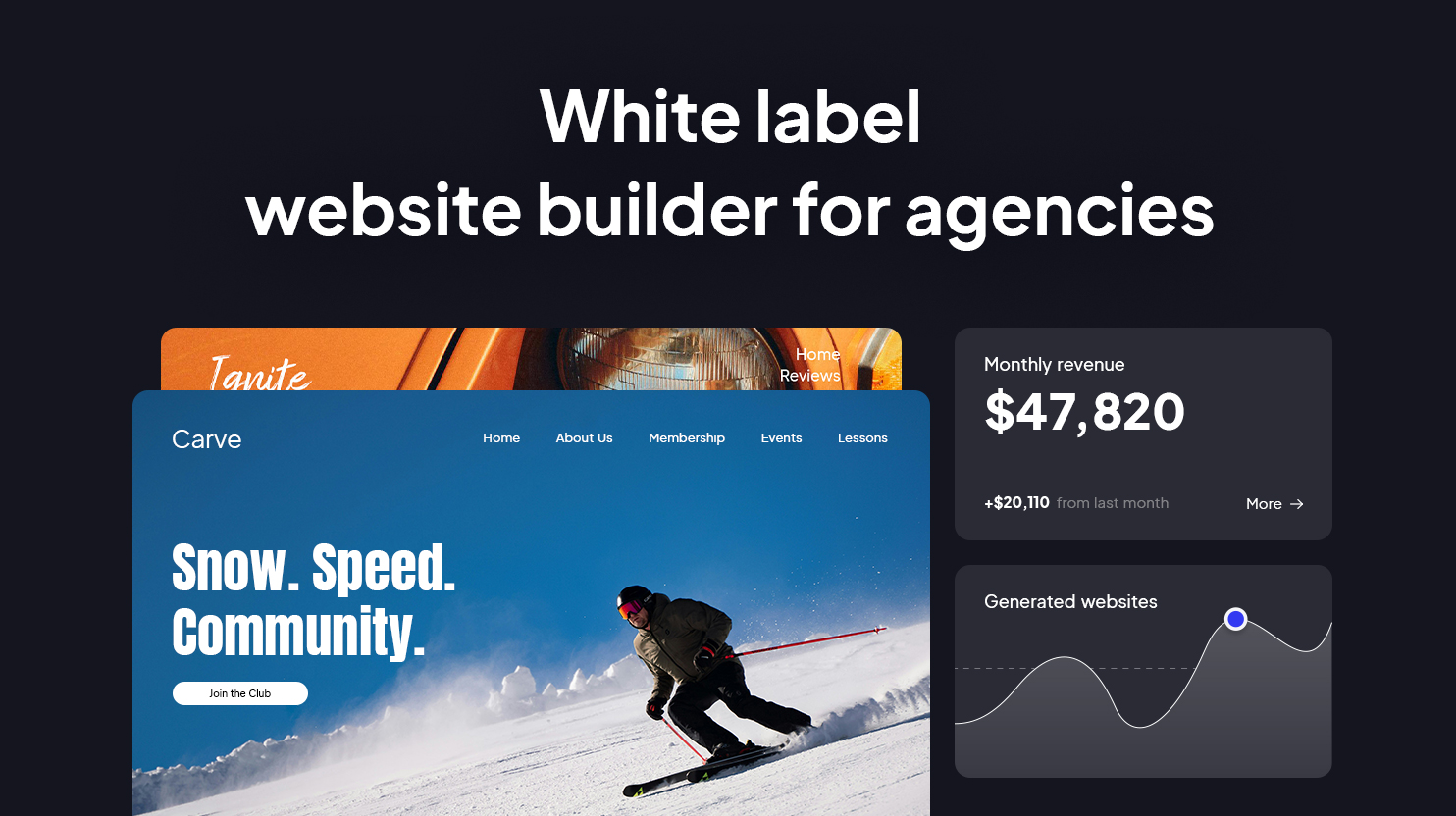Autonomous vehicles are moving rapidly from futuristic concepts to reality, promising a fundamental shift in how people commute, work and live. As the technology evolves, the industry is exploring different models of ownership, safety priorities and user experience.
The latest wave of innovation highlights how safety, privacy and intelligent onboard systems are shaping next-generation transportation. Discussions around levels of autonomy, including Level 4 technology, from driver-assist to full self-driving, underscore both the progress achieved and the hurdles that remain in scaling these technologies responsibly, according to Amy Luca (pictured), chief marketing officer of Tensor Inc.
Tensor’s Amy Luca discusses the shift to privately owned autonomous vehicles.
“I think the pace is accelerating, and mostly that’s because of safety reasons,” Luca said. “We know that L4 technology, where a driver is not having to make those decisions or distracted driving or texting while driving, all the things that we do as drivers, level 4 is safer. I think you’re going to see a lot more from a government support, regulation support in many different countries around the world. They’re going to really support level 4 technology for safety reasons.”
Luca spoke with theCUBE’s John Furrier for theCUBE + NYSE Wired: Robotics & AI Infrastructure Leaders interview series, during an exclusive broadcast on theCUBE, News Media’s livestreaming studio. They discussed how Tensor is pioneering the personal robocar, highlighting Level 4 autonomy, agentic AI, privacy-centric design and the shift from robotaxi fleets to privately owned autonomous vehicles.
Redefining autonomous vehicles for ownership
Tensor is approaching the market differently than many well-known players by designing a Level 4 vehicle intended for private ownership. Instead of relying on centralized fleet operations, the company’s robocar is meant to live in the owner’s garage and operate as a personal companion, according to Luca.
“We like to say we are the world’s first personal, fully autonomous robocar,” she said. “What that means is that it’s a Level 4 from the ground up build, intentioned to be a car that drives for you, that you can personally own. Not a robotaxi, but actually something that sits in your garage that you can build a little relationship with.”
This approach introduces challenges around redundancy and diagnostics, since there is no centralized depot to handle maintenance. The vehicle must be self-sufficient, monitoring its own systems and ensuring reliability for daily use. Privacy also becomes a central design principle, given the amount of personal data that an autonomous system will generate, Luca explained.
“The business model of a robotaxi is a fleet … of cars that go to a central depot that are managed and maintained centrally,” she said. “Whereas a personal robocar has to be something that sits in your garage, that is charged in your own garage, that can actually go take itself for service. It also creates a bigger burden on us from a redundancy and technology perspective. The car needs to have diagnostics to make sure that it is taking care of itself so that you don’t have to worry about taking care of it.”
Privacy and intelligence at the core
Tensor has emphasized privacy as a differentiator. Unlike other connected car models, this robocar is built to keep data stored locally in the vehicle, with optional sharing only if the owner chooses. This local-first approach helps protect personal information gathered from sensors, cameras and daily driving habits.
“One of the important features that was very important to us when we built and designed the car was that the car, unlike our competitors, is not connected to a cloud,” Luca said. “It has a self-contained hard drive and all of the data is self-contained in the vehicle. Information can be shared with Tensor, but the app that communicates with the car is fully encrypted because we know when you have a personal vehicle, you don’t want to be sharing your photo or what you’re talking about.”
By embedding artificial general intelligence capabilities directly into the car, the system can act as a true agent for its owner. Whether it is suggesting when to leave for a meeting or becoming an entertainment hub while on the road, the vehicle becomes a personalized environment, Luca added.
“What it means is we have a supercomputer and a hard drive in the car,” she said. “That hard drive can be taken out. If you leave your car at the airport and you want to take the hard drive with you, you can do that.”
Shaping the passenger experience
Beyond safety and privacy, the design also reimagines what a car interior can be when driving duties are removed. The robocar becomes a flexible space where passengers can rest, work or socialize while in motion. This “app car economy” may mirror the transformation that smartphones brought through app ecosystems.
“The sky is the limit right now,” Luca explained “I think we’re at the early stages of what’s possible, but I do think we have to reimagine what an interior experience is for a passenger, because no longer do you have to be worried about the road.”
The company is also positioning autonomous vehicles for a luxury market segment, appealing to early adopters who value time savings as the ultimate premium. Freed from driving, passengers can turn travel into an extension of their personal or professional lives, according to Luca.
“At the end of the day, we’re all time-starved,” she said. “I think the luxury is the ability to have your time and your freedom to do what you want to do with your time and not be burdened by having to drive.”
Here’s the complete video interview, part of News’s and theCUBE’s coverage of theCUBE + NYSE Wired: Robotics & AI Infrastructure Leaders interview series:
Photo: News
Support our mission to keep content open and free by engaging with theCUBE community. Join theCUBE’s Alumni Trust Network, where technology leaders connect, share intelligence and create opportunities.
- 15M+ viewers of theCUBE videos, powering conversations across AI, cloud, cybersecurity and more
- 11.4k+ theCUBE alumni — Connect with more than 11,400 tech and business leaders shaping the future through a unique trusted-based network.
About News Media
Founded by tech visionaries John Furrier and Dave Vellante, News Media has built a dynamic ecosystem of industry-leading digital media brands that reach 15+ million elite tech professionals. Our new proprietary theCUBE AI Video Cloud is breaking ground in audience interaction, leveraging theCUBEai.com neural network to help technology companies make data-driven decisions and stay at the forefront of industry conversations.









